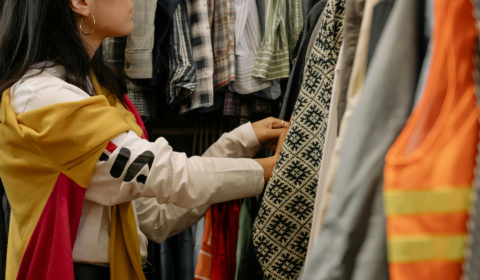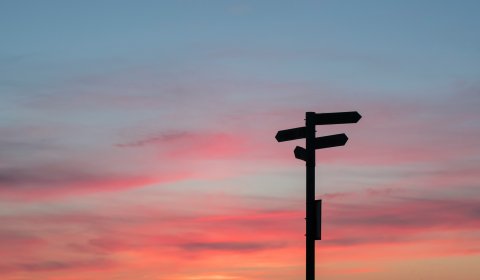Fast becoming one of the biggest trends in the wellness industry, more and more travellers are foregoing itineraries jam-packed with activities in favour of pillow menus and an early night.
A holiday can be many things; for some, it involves exploration, adventure, and trying local cuisine. For others, it’s an opportunity to sit back and relax, to do nothing but lounge by the pool for a week or two before flying home.
Taking relaxation to its extremes, a new wellness trend known as ‘sleep tourism’ has consumers prioritising their shut-eye above all else, serving as a new variation on the conventional holiday.
Think, foregoing sightseeing in favour of stays that provide every conceivable sleep amenity one can imagine.
To paint a better picture, swanky hotel chains are now geared up to be great places for a kip, with top-of-the-line mattresses and luxurious cocoons where you ‘check in to tune out’ to hand, as well as whole retreat offerings where you fork out thousands to ‘master everything there is to know about the art of sleep.’
Giving rise to a new type of travel, it caters to the fact that restorative sleep eludes so many of us.
In the UK, one in seven Brits get less than five of the recommended eight hours a night and in the US, one in three adults don’t catch enough z’s either, with between 50 to 70 million Americans suffering from chronic wakefulness disorders.
Globally, record numbers of people searched ‘bedtime routines,’ and ‘why am I so tired’ in 2023, according to data released by Google Trends at the end of the year.
‘There is no doubt that sleep-focused holidays are one of the biggest trends in the wellness industry,’ consultant Jules Perowne tells Condé Nast Traveller.
‘It is no longer enough for a hotel to just offer wellness on the side; they need to embrace it by offering a more holistic approach to wellness, with a specific goal in mind – and the most in-demand goal currently is improved and enhanced sleep.’
As she explains, rather than opting for itineraries jam-packed with activities and very little breathing room factored in, more and more travellers are seeking proper slumber, with hospitality embracing sleep as the main event instead of just as an afterthought on the back of this.
As opposed to all-inclusives, which you’d assume are in the same vein, the breaks this cohort are taking include everything from pillow menus, sleepy teas, and bath salts to more comprehensive multi-day programmes guided by specialists and clinicians.




















